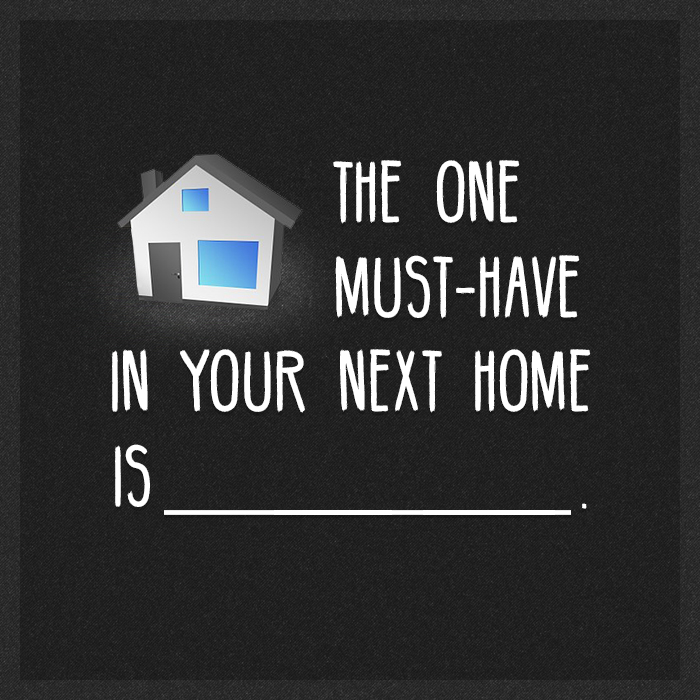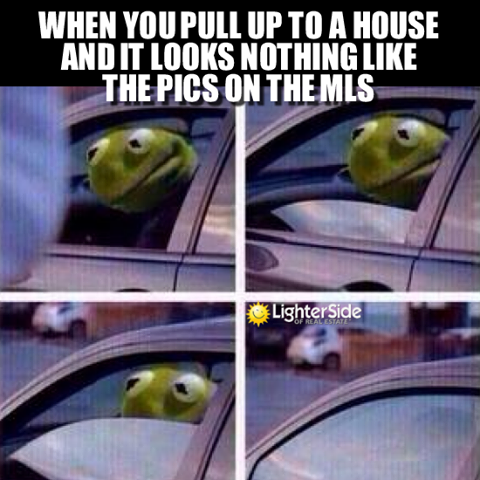In today’s world of instant access, you have a wealth of options available to you through internet searches and mobile apps. You can find detailed information, pictures, as well as video tours of homes available for sale.
- What part of town (or country) do you want to live in?
- What price range would you consider?
- Are schools a factor and, if so, what do you need to take into consideration (e.g., want specific school system, want kids to be able to walk to school, etc.)?
- Do you want an older home or a newer home (less than 5 years old)?
- What kind of houses would you be willing to see? One story 2 story split foyer bi-level tri-level townhouse or condo mobile home
- What style house appeals to you most? contemporary traditional southwestern colonial no preference
- How much renovation would you be willing to do? A lot A little None!
- Do you have to be close to public transportation?
- Do you have any physical needs that must be met, such as wheelchair access?
- Do you have any animals that will require special facilities? If so, what?
- Would you like to have large yard? (1 acre or more) Small yard (less than 1 acre)? Fenced yard,
- Garage Carport Patio/deck Pool Outdoor spa Extra parking Other buildings (barn, shed, etc.)?
- Special view of what?
- How many bedrooms must you have? would you like to have
- How many bathrooms do you want?
- How big would you like your house to be (square feet)? No less than But no more than?
- What features do you want to have in your house? Must have?things such as, Wall-to-wall carpet, Ceramic tile, Hardwood floors Eat-in kitchen, Separate dining room, Formal living room, Family room, Great room, Separate den or library, Separate laundry room, Fireplace, Workshop, etc.
- Do you want to live in an area with a Community Association
- What else do you want in your community? such as, Community pool, Golf course, Basketball court, Tennis courts, Gated community or doorman, etc.
- Are there any other special features or needs that you must consider when you’re looking for a home?
Do we buy a dream home or settle for a starter home?
Start by examining your priorities and asking the following questions:
- Is the surrounding neighborhood or the home itself the most important consideration?
- How is your commute effected by the homes location?
- Is the neighborhoods safe?
- Are schools an issue?
- Do any of the areas seem to attract more families with children or adult residents? And where do you fit in?
As for the return on your investment, home-price appreciation is hard to predict. In general smaller homes tended to hold their value better than more expensive ones. It’s not always best to be the largest and most improved home in the neighborhood.
How can I get a general idea of the home’s condition?
Home inspections, seller disclosure requirements and the agent’s experience will help.
Sellers also are required to indicate any significant defects or malfunctions existing in the home’s major systems. A checklist specifies interior and exterior walls, ceilings, roof, insulation, windows, fences, driveway, sidewalks, floors, doors, foundation, as well as the electrical and plumbing systems.
Also look for, or ask about, settling or soil problems, flooding or drainage problems.
People buying a condominium must be told about covenants, codes and restrictions or other deed restrictions.
Are foreclosures an option?
A foreclosure property is a home that has been repossessed by the lender because the owners failed to pay the mortgage. Thousands of homes end up in foreclosure every year. It is wise to be cautious when considering a foreclosure. It is important to have the house thoroughly inspected and to be sure that any liens, undisclosed mortgages or court judgments are cleared or at least disclosed.
How do you find government-repossessed homes?
The U.S. Department of Housing and Urban Development acquires properties from lenders who foreclose on mortgages insured by HUD. These properties are available for sale to both homeowner-occupants and investors. You can only purchase HUD-owned properties through a licensed real estate broker. HUD homes are sold “as is,” meaning limited repairs have been made made but no structural or mechanical warranties are implied.


